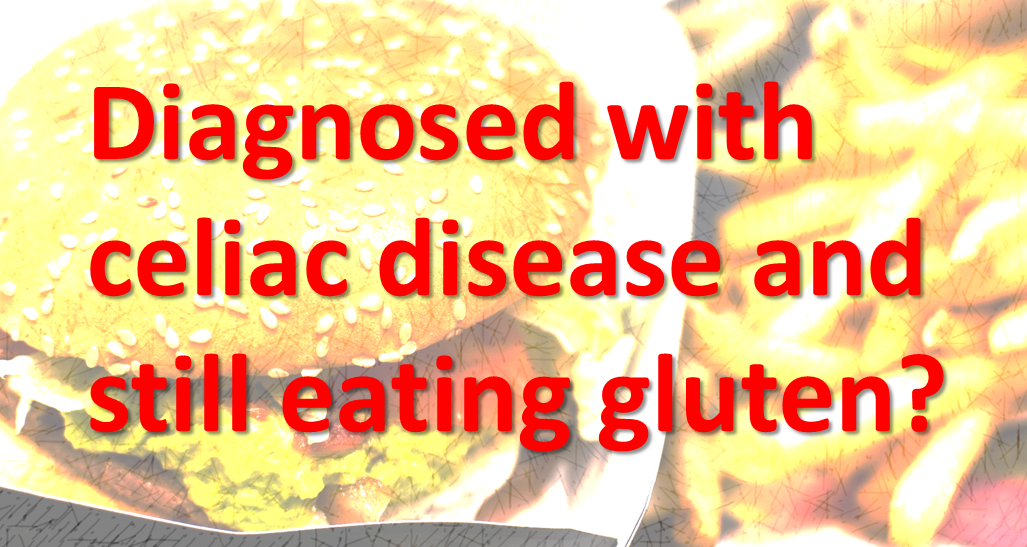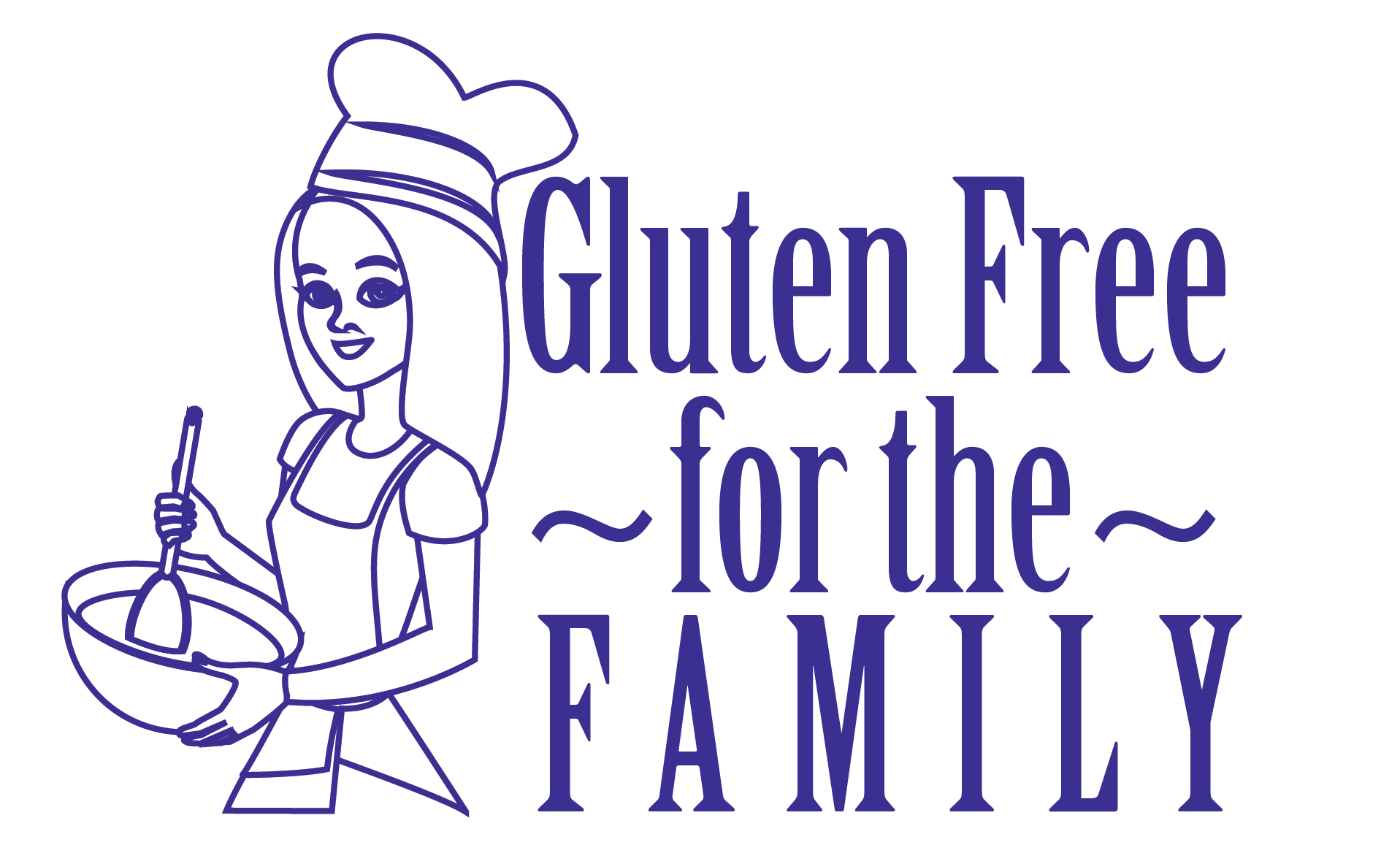
Celiac disease is a serious disorder where the body is unable to properly absorb nutrients from foods due to damage to the intestinal villi. The villi are microscopic, hair-like “grabbers” that line the wall of the small intestine. They are responsible for absorbing the nutrients from food as its going through digestion.
In a person with celiac disease, gluten will wreak havoc on the villi in the small intestine, leading to extensive damage and malabsorption of essential nutrients from food. This is why every person who is diagnosed with celiac disease is prescribed a lifelong gluten free diet.
A change of diet sounds simple enough right? Some are thankful that all they have to do is stop eating gluten, no reoccurring medications to take, no risky procedures to undergo, but there are still some celiacs out there who don’t want to take the full gluten free plunge. So this raises the question, what happens if you continue to eat gluten after being diagnosed with celiac disease?
The first and most obvious answer would be the continuation of symptoms. As long as the person continues to eat gluten, the small intestine continues to be damaged. Its only when gluten is removed that the small intestine has a chance to heal and get back to “normal”.
So what if you have been following a strict gluten free diet and still don’t feel better?
It takes time for the body to adjust and heal itself after going gluten free, but in certain instances you may have to take farther action. Consult with a registered dietitian to make sure you are getting proper nourishment and gluten isn’t hiding in your food choices somewhere. Check with your doctor about possibly having another food intolerance, such as dairy, corn, soy, fructose, along with the gluten. Work with your doctor to rule out additional autoimmune or digestive disorders, such as crohn’s, ulcerative colitis, irrital bowel syndrome, pancreatic insufficiency, or small intestinal bacterial overgrowth. Once all these are ruled out as suspects, continue looking at your celiac disease diagnosis.
Up to 5% of celiac disease patients may have what is known as refractory celiac disease. According to the Celiac Disease Foundation, “For these patients, the damaged villi in the small intestine do not heal from a gluten-free diet, and all other potential causes for this damage have been ruled out.”
So you’ve been diagnosed with celiac and realized “cheating” on your gluten free diet doesn’t cause you much pain?
Even if you don’t feel the symptoms, your body may still be paying the price. Symptoms can be asymptomatic, which means you aren’t aware of them, while the damage is still going on. So if you don’t have to feel symptoms and can still eat gluten, that’s good right? No, if you have been diagnosed with celiac disease you should still stick to a strict gluten free diet even if you don’t feel the symptoms. Eventually the disease will catch up to you and may cause even worse problems than before.
According to the Celiac Disease Foudation’s website, celiac.org, undiagnosed or untreated celiac disease can lead to:
Iron deficiency anemia
Early onset osteoporosis or osteopenia
Infertility and miscarriage
Lactose intolerance
Vitamin and mineral deficiencies
Central and peripheral nervous system disorders
Pancreatic insufficiency
Intestinal lymphomas and other GI cancers
Gall bladder malfunction
Ataxia
Epileptic seizures
Dementia
Migraine
Neuropathy
Myopathy
Multifocal leukoencephalopathy
The Celiac Disease Foundation also explains that people with celiac disease are at a higher risk to develop other autoimmune disorders.
This is why it’s so important to take all necessary precautions after being diagnosed with celiac disease. A strict gluten free diet is mandatory for anyone who has celiac. Removing additional bothersome foods may be necessary as seen fit by a registered dietitian.
Celiac disease is nothing to joke about. If you suffer from celiac disease and still eat gluten, realize the long term damages you are doing to your body and mind. Do yourself and everyone who loves you a favor and stay gluten free, keep yourself healthy!
How do you feel about “cheating” on a gluten free diet?
Comment below!

Thank you for visiting Charlotte’s Corner!
